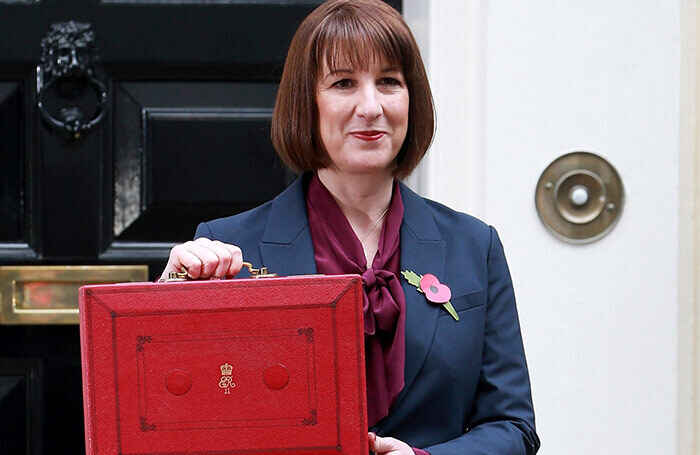UK'S MOST COMPREHENSIVE CAR HISTORY CHECK ONLY £9.99

We’ve all been waiting on tenterhooks for Rachel Reeves to announce her much anticipated (for better or worse) Spring Statement. However, with the statement now laid out on the cards, many people have been left wondering. Will this impact them personally. And, if so, how? Well, the simple news is that Reeves’ Spring Statement could have significant impacts for drivers; still, knowing how these changes will impact you could help you plan accordingly.

Rachel Reeves’ Spring Statement will likely impact drivers in a range of ways. Alas, whether these changes will be good or bad will largely depend on the type of car you have. In short: if you’ve got an EV, you’re probably okay. If you are still running a petrol or diesel, though, it may be time to look at switching.
Now, there are a couple of changes that should benefit all drivers. Firstly, an additional £1 billion for road maintenance likely won’t go unwanted by drivers. In addition, an extra £100 million has been pledged for road safety improvements. And moreover, there’s also the introduction of smart traffic management systems aiming to reduce congestion. Finally, the extension of the fuel duty freeze will hopefully have come as a huge relief to most drivers.
However, there are several other changes that will only benefit EV owners. Namely, Reeves has introduced a range of pledges for electric cars. This includes £500 million to expand the range of electric charging points for cars. Plus, there will also be new zero-emission grants for eco-friendly car purchases. Similarly, businesses will also be able to use go-green incentives to expand their fleet into the eco field.
Petrol and diesel drivers, contrastingly, may need to be aware of a couple of negative changes. While these aren’t direct, they include new ultra low emission zones in cities, making it harder for older cars. Plus, congestion charges are likely to also be expanded. This will mean that more people end up paying fees for congestion charges in major cities, including Birmingham, Manchester, and (of course) London.
Given these changes, the benefits for electric cars are pretty apparent. However, diesels and petrols may face a harder time due to larger and expanded emissions and congestion zones.
As we’ve seen, Reeves’ Spring Statement seems to have placed a huge emphasis on the push to invest in EVs. Given this change, and with the roll out of more penalties for non-EV cars, you may want to consider switching to a new type of vehicle instead.
However, buying EVs brand new can be incredibly expensive. In this case, you’d probably do better to stick with the penalties for running an older petrol or diesel engine. However, there’s another option: buying an EV second-hand to benefit from the changes while avoiding petrol/diesel penalties. Used cars are vastly more affordable to purchase as they’ve already depreciated in value. Just be sure to run a registration check with Full Car Checks before handing over any money to ensure your second-hand car is genuine.